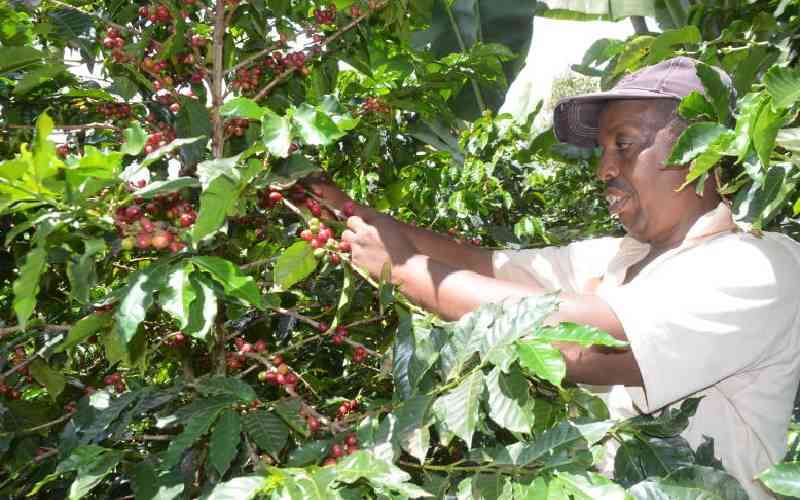×
The Standard e-Paper
Stay Informed, Even Offline

Deputy President Rigathi Gachagua claims the fruits of coffee reforms are already being enjoyed.
The separation of licenses for milling, brokerage and marketing, and buying of coffee has removed the longstanding conflict of interest among players in the sub-sector.







